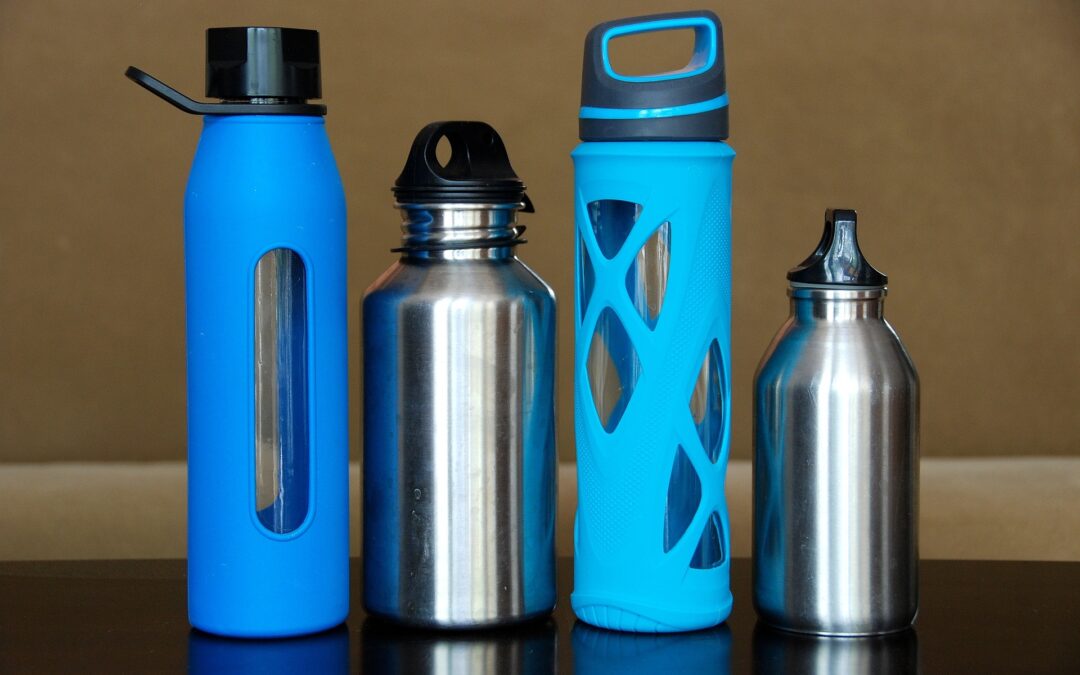Are you confused by the range of sports drinks available on the market? With products promoting everything from mixed carbs sources to no carbs, extra electrolytes, kind on your teeth… it’s no wonder choosing the right sports drink for your situation can be daunting. Let’s cut through the confusion and have a look at the different types of sports drinks available and when they may be most suitable.
Standard Sports Drinks
Examples: Gatorade, Powerade Isotonic, Torq Energy, SiS Go
The Facts: Standard sports drinks typically contain 4-8% carbohydrate (4-8g carbohydrate/100ml fluid) and 10-30mmol/L sodium (23-69mg sodium/100ml fluid). These concentrations have been specially designed for palatability (not too sweet or too salty), to optimise fluid absorption and to minimise gut upset by promoting stomach emptying.
Who for: Useful for replacing fluid and electrolytes and topping up carbohydrate (fuel) stores simultaneously during exercise. Not required during every training session, generally most suited to long or high intensity training or race situations.
No Carbohydrate
Examples: Nuun electrolyte tablets, Shotz electrolyte tablets, Powerade Zero
The Facts: These powders, dissolvable tablets or ready-made fluids contain similar amounts of sodium (10-25mmol/L) to sports drinks but with no carbohydrate. The addition of sodium (and other electrolytes) to water helps the body “hold on to” fluid that’s consumed which can lead to more effective rehydration than drinking water alone.
Who for: Useful in situations where electrolyte replacement is required to help replace fluid losses from sweat but there is no need for carbohydrate intake. For example, during low intensity training sessions where you may still need to replace sweat losses but are not depleting your fuel (carbohydrate) stores substantially. They can also be useful for athletes who prefer to eat their carbohydrates but still need to replace fluid and electrolytes lost in sweat.
Extra electrolytes
Examples: Gatorade Endurance, PowerBar Isoactive
The Facts: These drinks have much higher concentrations of sodium than standard sports drinks, up to 37mmol/L (84mg per 100ml) and as a result have a saltier taste. Although some sports drinks promote the addition of extra magnesium for preventing cramps there is no evidence to suggest that we lose significant amounts of magnesium in sweat so it is unlikely that extra magnesium will be beneficial for avoiding a cramp.
Who for: Athletes training or competing in situations with potential for high electrolyte losses (e.g. hot/humid weather, ultra-endurance events or athletes with high sweat sodium concentrations – ‘salty sweaters’) who also want to consume carbohydrate during exercise.
Carbohydrate Blends
Examples: PowerBar Perform, Torq Energy, High5 Isotonic, Gu Brew
The Facts: The absorption of carbohydrate from the fluid you drink into the blood stream is limited by how quickly this carbohydrate can be absorbed in the intestines. The absorption of glucose, the main carbohydrate in sports drinks, is limited to ~60g per hour. To overcome this, newer formulations of sports drink have been developed which contain a combination of glucose and fructose (another form of carbohydrate). This allows the intestines to use two different pathways in the intestines for absorption meaning that higher amounts of carbohydrate can be consumed (up to around 90g per hour) with less chance of gut upset.
Who for: Most useful during ultra-endurance events where high intakes of carbohydrate are needed for performance.
Caffeinated
Examples: PowerBar Isomax, High5 Energy Source
The Facts: A few sports drinks on the market have added caffeine to the mix with may help in reducing perception of effort, minimising feelings of fatigue – allowing you to continue exercising at a desired intensity without ‘dropping off the pace’.
Who for: May be a useful alternative or addition to other forms of caffeine (e.g. caffeinated gels, tablets, gums) on race day as these drinks also provide fluid and carbohydrate simultaneously to caffeine.
Kind to your teeth
Examples: Sukkie
The Facts: Some sports drinks have been specially formulated to be less acidic (higher pH) and include added calcium than standard sports drinks. These drinks are promoted to reduce the risk of dental erosion that can occur in some athletes.
Who for: Could be useful for athletes who are high users of sports drinks – for example, those who regularly undertake very long training sessions where they are repeatedly sipping on sports drink.
Added Protein
Examples: BodyScience Fuel, Accelerade
The Facts: Some sports drinks on the market have small amounts of protein (amino acids) added to their formulation. There is some evidence that this may assist with recovery from long exercise sessions but the jury is still out on the benefits of added protein to sports drinks during exercise.
Who for: Athletes who undertake prolonged training sessions with limited time for recovery before their next training sessions may benefit from drinking protein containing sports drink during the session. However, rapid recovery with other sources of protein after the session may be just as beneficial..
The products listed in this article do not imply an endorsement, merely a selection of the wide range of products available. To identify the best sports drink to meet your training and racing needs book an appointment with one of TSMC’s Sports Dietitian to discuss your individual situation.
